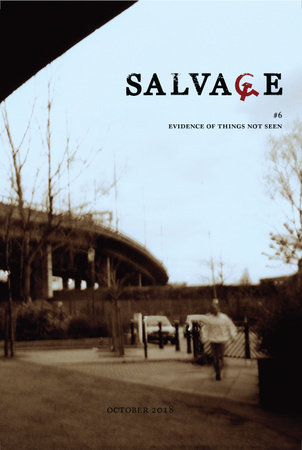Salvage #6: Evidence of Things Not Seen
by
multiple authors
(editors)
Salvage #6: Evidence of Things Not Seen
by
multiple authors
(editors)
When in The German Ideology, Marx insists that communism is not 'an ideal to which reality will have to conform itself' but 'the real movement which abolishes the present condition', it is precisely the immanence of a radical alterity that precludes its being spoken. Whatever Marx may at times have thought, or thought he thought, was possible, whatever passing glimmers of vision one might glean from him, it is no surprise that he never, despite Engels' pleas, wrote 'the famous Positive, what you "really" want'. Because '[w]hat we have here,' as Colon O'Connell astutely puts it in 'Marxism and the Logic of Futural Discourse', 'is an image of the future primarily based on the via negativa'.
How could it be otherwise? Social totality is fractured and fractious, but as David McLellan says, '[i]f all ideas were a product of contemporary social reality' - and they are - 'then a detailed projection of those ideas into a distant future was bound to result in idealism - ideas that were completely imaginary since they lacked an empirical referent'. It is not that no notions can be entertained, as he rich traditions of utopianism attest: it is to insist that whatever their undoubted uses, as dreamwork, provocation, thought experiment or myth, and no matter how things ultimately turn out, such projection cannot, properly, be rigorous predictions. Our thinking is a function of our reality: the beyond, definitionally, is unthinkable. [...]
love this

